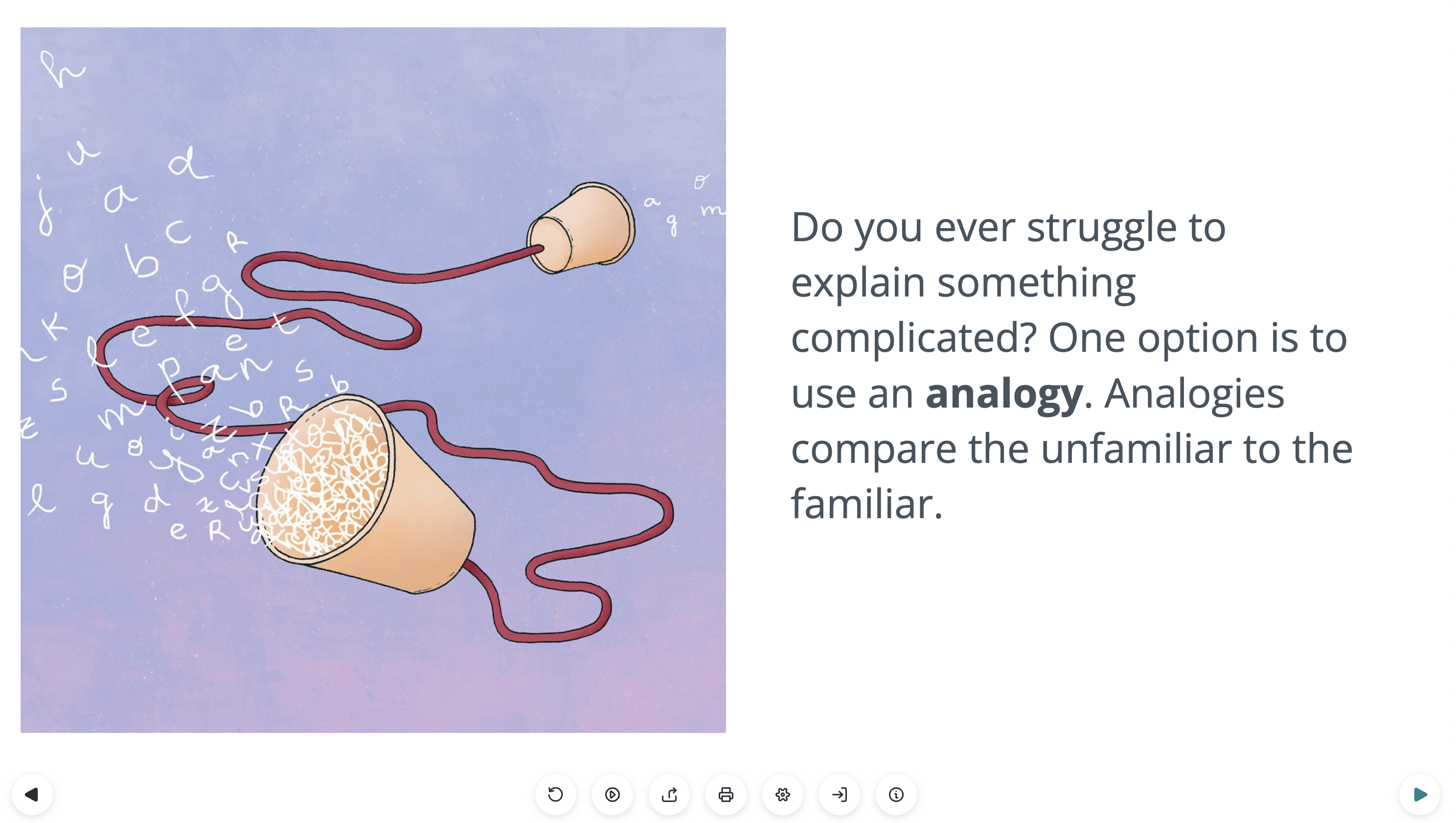One of the most common questions I get asked is how to find other SciCommers. And it’a great question because networking is a large part of getting started and succeeding in a field. Yes, it is important to meet people that can serve as a support system, offer advice, or who can help you find opportunities that align with your interests. But, it’s also important to get plugged into SciComm communities and networks to start to shape the career you want to have.

Why Should I Plug Into SciComm Networks?
How can you know what parts of the science communication field interest you if you don’t know all the options out there? And the thing is, I could never give you all the options out there in this blog post–or even multiple blog posts. Instead, by plugging into communities, learning more about individuals in those communities, and asking questions, you can discover what parts of the field you are drawn to and what sort of careers you are interested in.
When I was first starting out, I looked up resumes and CVs of all the SciCommers I could find. I was reading and viewing their works. I was asking myself: Could I see myself doing this one day? It quickly helped me weed out the parts of SciComm I was less interested in. I also became more knowledgeable about the field. I found these SciCommers by plugging into networks and communities.
Networking and plugging into communities can also lead to informational interviews. Now, request informational interviews sparingly. Ultimately, time is precious. In other words, you should not email every single SciCommer to simply “pick their brain.” Instead, if you find yourself really interested in someone’s work after spending a lot of time looking at their portfolios and familiarizing yourself with the field, then consider requesting an informational interview with that person. But instead of a request to “pick their brain,” curate some specific questions and topics you want to talk about. You may even mention these questions or topics in the email to help show you have done your research and are serious about talking to them. Being well prepared for the information interview will not only help you make a better impression on this person, but it will also make the informational interview much more productive.
How to Get Plugged Into SciComm Networks
SciComm networks are everywhere–from Twitter to formal organizations to communities such as Lifeology. It’s just about finding them–and sometimes following the rabbit hole from one community to another.
To help get you started, the Lifeology team, some Lifeology community members and I have curated a list of helpful communities or places to get plugged into in order to network with other SciCommers. Some of these options are free, while others do have a membership fee:
SOCIAL MEDIA – more about using social media to establish your voice as a SciCommer in an upcoming blog post!
- Twitter accounts
- Social Media hashtags
- #scicomm #sciencecommunication #SciCommChat #HealthComm #SciCommJob #ScienceTwitter
ORGANIZATIONS
- Science Talk
- NPR SciCommers
- SciEngage
- Alan Alda Center for Communicating Science
- SciComm Collective
- National Association of Science Writers – USA
- American Medical Writers Association
- SciComm Collective- Chile
- Council of Science Editors
- American Association for the Advancement of Science
- Association of Health Care Journalists
- Society of Environmental Journalists
- Society for Editing
- Society for Technical Communication
- Society for Scholarly Publishing
OTHER
This is not an exhaustive list by any means. Get plugged into a couple of places above and see where other people within those communities are plugged into. The most important step is just getting started.
Stay tuned for more Lifeology Job Tips–including helpful resources!




